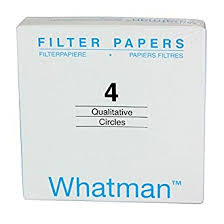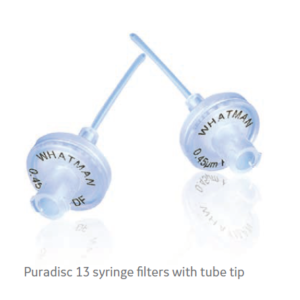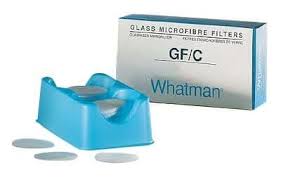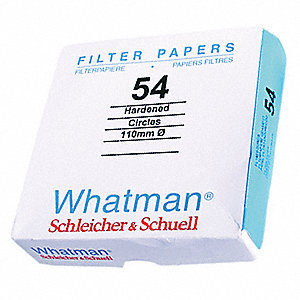Qualitative Filter Papers-Grade 4: 20-25μm
10 in stock
Extremely fast filtering with excellent retention of coarse particles and gelatinous
precipitates such as ferric hydroxide and aluminum hydroxide.
Very useful as a rapid filter for routine clean-up of biological fluids or organic extracts during analysis.
Used when high flow rates in air pollution monitoring are required and the collection of fine particles is not critical.
Available prepleated as Grade 4V.
Rs.1,057.50 – Rs.2,355.00
CompareCellulose filters are used in qualitative analytical techniques to determine and identify materials.
Prepleated qualitative filters are available, which give improved flow rate and increased loading capacity compared to equivalent flat filters.
| Variation Codes | 1004-042, 1004-090, 1004-110, 1004-125, 1004-150 |
|---|






There are no reviews yet.